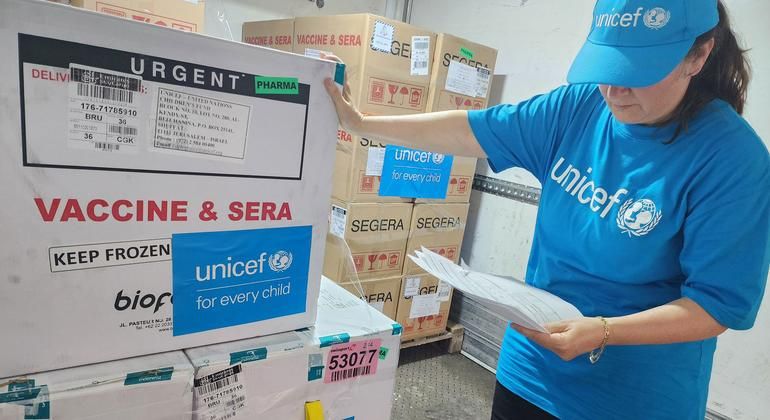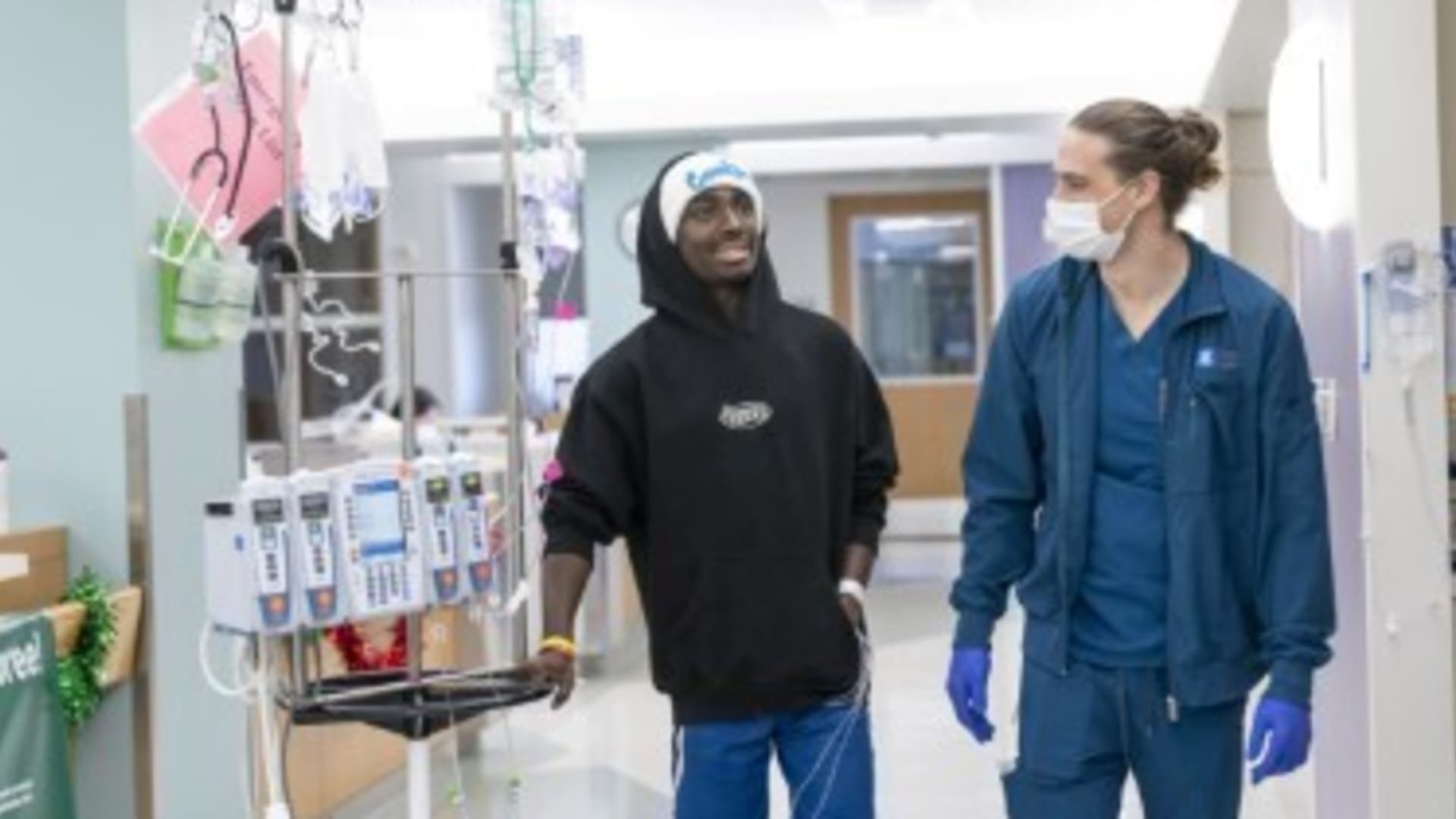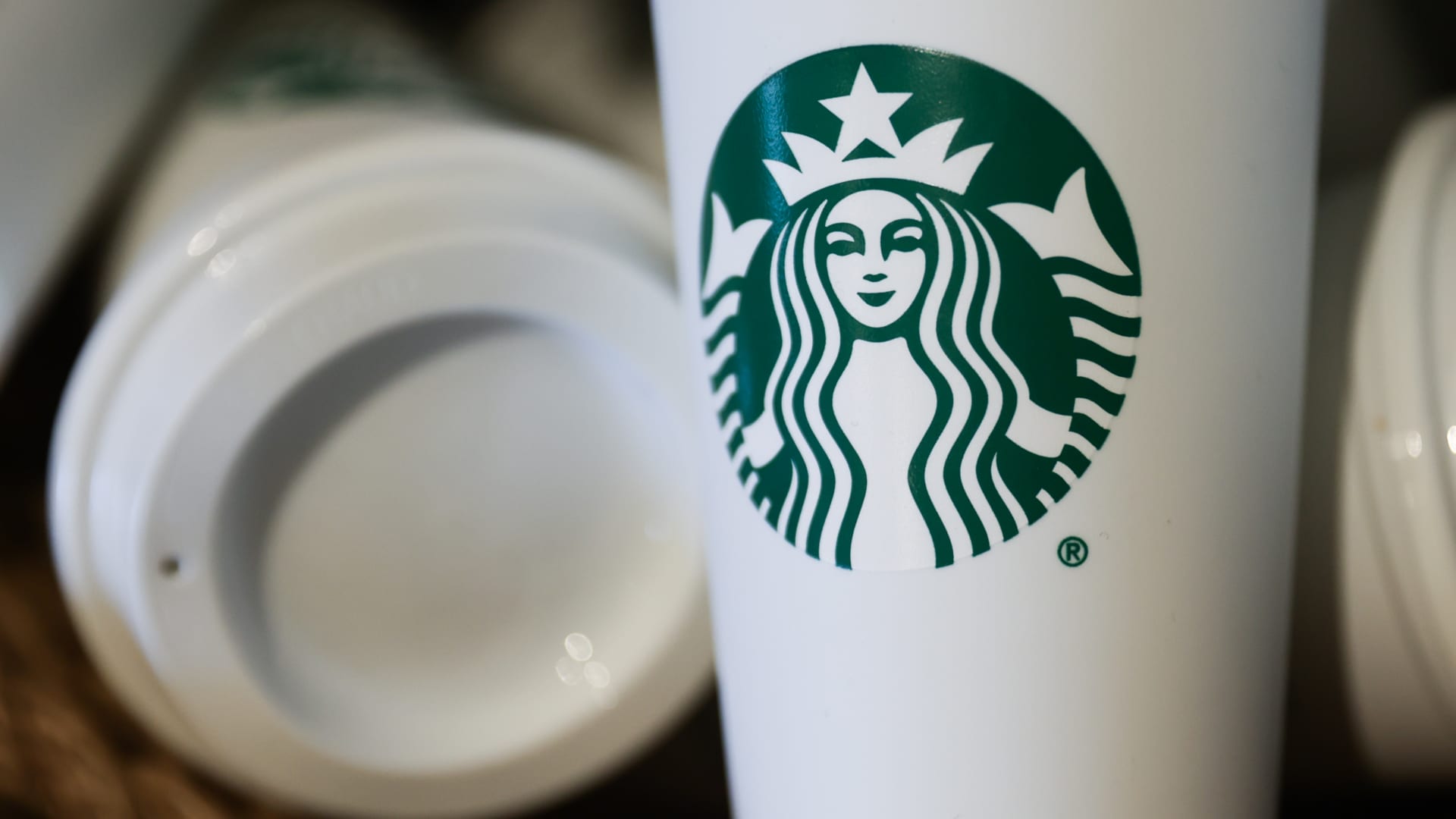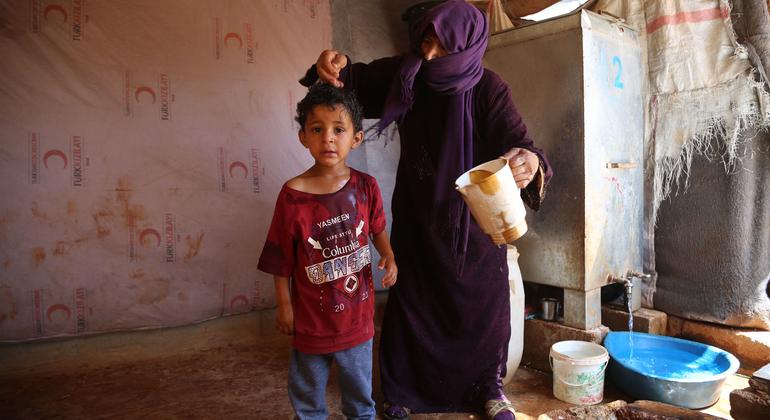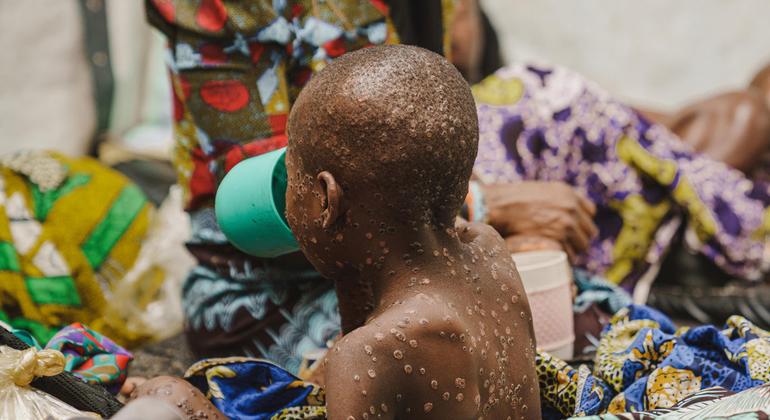The terrible conditions caused by the war have caused the disease to reappear after more than two decades. Last week, a case was confirmed in a 10-month-old girl.
How to counter vaccine misinformation
During his daily press briefing from New York on Tuesday, UN spokesman Stéphane Dujarric noted that there had been misinformation surrounding the vaccine.
“I want to make one thing clear: the safest and most effective way to protect children from the polio virus, regardless of the variant, is to vaccinate them,” he said.
Several news stories have appeared online in Israel and the United States quoting two Israeli scientists falsely claiming that the polio vaccine to be used in Gaza is “experimental” and poses a danger to citizens of both Palestine and Israel.
The United Nations Children's Fund (UNICEF), the World Health Organization (WHO) and the UN agency that helps Palestine refugees, UNRWA, are preparing to launch the campaign, which will be carried out in two rounds.
More than 640,000 children under 10 years of age will receive two drops of the oral polio vaccine type 2.
“This vaccine is safe, effective and offers the highest quality protection,” Dujarric said. “It is a vaccine recommended globally by the World Health Organization for outbreaks of the type 2 variant of the polio virus.”
He said the vaccine was launched in March 2021 and more than 1.2 billion doses have since been used to protect children in more than 40 countries.
UN Secretary-General Antonio Guterres recently called for a humanitarian pause to allow for a broad vaccination campaign.
Israeli evacuation orders are the latest threat to Gaza aid workers
Meanwhile, evacuation orders issued by the Israeli military have affected the safety of humanitarian workers delivering aid in the Gaza Strip, the head of the UN Department of Safety and Security (UNDSS) said on Tuesday.
“The mass evacuation orders are the latest in a long list of unbearable threats to humanitarian and United Nations personnel,” Under-Secretary-General Gilles Michaud said in a statement.
Mr. Michaud stressed the UN's determination to remain in Gaza, where vital aid continues to be delivered, calling it “a tremendous achievement given that we are operating in the highest peripheries of tolerable risk.”
Safe spaces are running out
He said that last weekend, the Israel Defense Forces (IDF) gave the UN only hours' notice to move more than 200 people from its offices and living spaces in Deir Al-Balah, a crucial humanitarian hub.
“Like most Palestinians in Gaza, we are running out of safe spaces for our own staff.“, said.
“The timing could not be worse,” he added, as UN agencies are set to launch a mass polio vaccination campaign next week, requiring large numbers of staff to enter the enclave.
Caught in the crosshairs
“However, the IDF’s actions this weekend exacerbate existing security threats and severely impact the pace at which we can safely accomplish our missions. These limitations are beyond our control,” he continued.
Mr Michaud said “aid workers have been in the crosshairs” throughout the Gaza crisis, by far the deadliest on record by the UN.
“Under international humanitarian law, our ability to provide assistance depends on the responsibility of the parties to the conflict to do everything in their power to keep our colleagues safe,” he said.
Stressing that “women and men who risk their lives to deliver humanitarian aid need a safe and stable place to work from”, she called on all parties “to respect international law and their commitments under the UN Charter to ensure the safety and security of UN personnel and facilities”.

